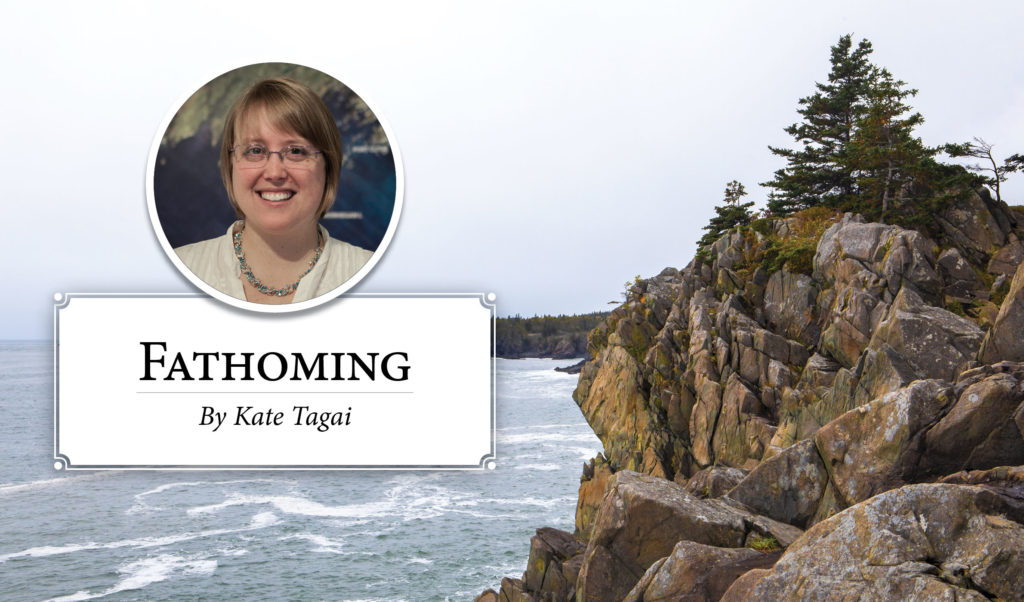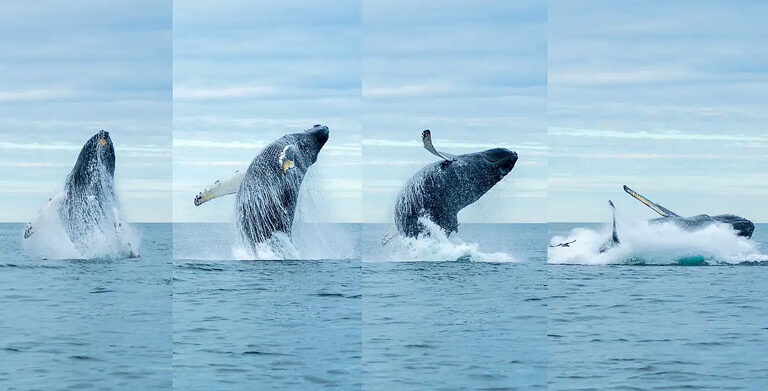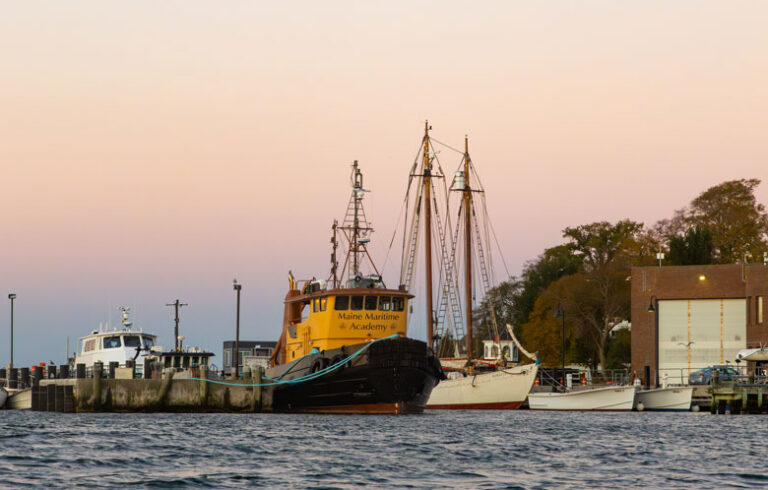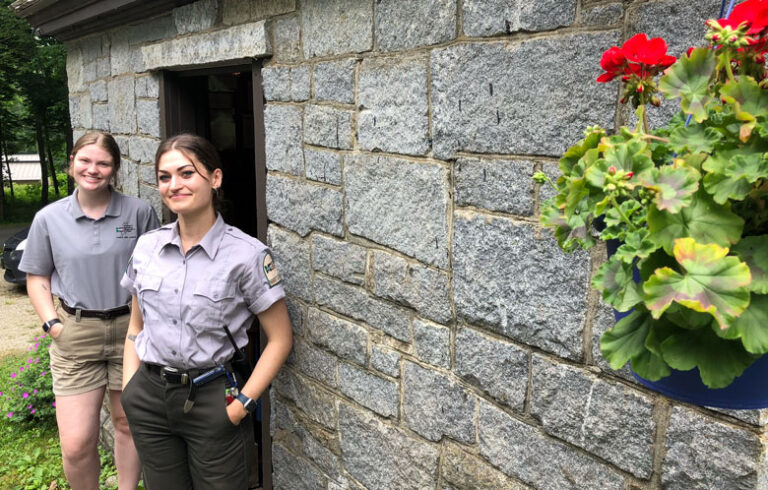By Kate Tagai
Youth leadership. It is the next generation’s world to inherit, and it is they who will need resilient leadership, compassion, and strength to adapt and thrive in a changing climate, so why not start now?
It can be as simple as an adult asking the question, “What do you think?” and then really listening to the answer. For Thomas Korstanje, a senior at Mount Desert Island High School in Bar Harbor, it was his advisor lifting up his voice that helped him feel empowered to take a leadership role with the school’s Eco Team.
Riley Stevenson, a junior at Lincoln Academy in Newcastle and coordinator for the Maine chapter of Youth Climate Strikes, challenges the adults in her life to ask the youth in theirs, “What are you interested in?” because youth have amazing ideas and are excited to share them.
The path towards leadership can start with small actions. As Thomas Korstanje said, “It is powerful to see the changes that can be made because I have a voice.”
It causes small shifts; students see their peers standing at the podium and speaking with passion about the environment. They see how little effort it takes to compost school lunch rather than throwing it away and that action leads to a ban on plastic silverware which can lead to a group of students advocating to solarize their school.
These small actions build into larger actions. Now, Korstanje is leading an initiative to get the towns on Mount Desert Island to pass climate emergency resolutions. Bar Harbor already has, thanks to the work of the Eco Team and others holding stakeholder meetings, providing data, and meeting with skeptical town councilors to educate them on why the initiative was so important ahead of the vote.
The public turnout at the council’s meeting was phenomenal, and councilors took time to read and thoughtfully respond to the proposal put forward by youth, before voting to approve it. COVID-19, unfortunately, has thrown a wrench into the Eco Team’s plan to bring the resolution to every town on the island to discuss and vote on. There is an energy that is generated when people show up to an in-person meeting, and the impact of having so many supporters in the room was part of what made their proposal compelling.
But resilient leadership is defined by the ability to adapt, and so Korstanje and the Eco Team are switching gears, retooling their presentation and rethinking their approach as isolation and virtual meetings change the way individuals, schools, groups, and town councils work for the immediate future. Having everyone show up to a virtual meeting as muted boxes on a screen has less energy and a different overall impact. It is more challenging to have dynamic conversations across digital platforms or read the room in the same way you can in person. But they are pushing ahead and thinking outside of the box, or rather how to work within it.
For some groups, like Riley Stevenson’s Coastal Youth Climate Coalition, the ability to connect across a virtual platform was how the group met long before a pandemic forced us all online. The coalition connects climate groups and youth leaders from Wiscasset to Mount Desert Island. Because of the geographic distance, the group coordinates through online tools and meets via online platforms.
Stevenson relies on persistence and communication as key tools. She says she spends a lot of time “emailing into the void” to narrow in on people who are interested and groups that are active to build a network of environmental leaders across the coast. The ability to connect, organize, communicate, and delegate are important skills she has cultivated through this work.
For Korstanje, a key moment of success came when the Eco Team transitioned to a shared leadership model, which highlighted these same important skills. In the new structure, participants felt heard and could be actively engaged with the project work. The project leads were charged with moving the work forward and so were empowered leaders in their own right.
For the coast of Maine, having these and other youth actively honing their leadership skills right now, while working to ensure a resilient future, means that we don’t have to wait for them to step up and take over. They are already here. All we have to ask is, “what do you think?”
Kate Tagai is a senior community development officer with the Island Institute focusing on education and leadership.





